But like food, "natural" does not mean a lot other than marketing and clever packaging.
That's when some consumers turn to purer products that have been made with organic ingredients - grown and processed without the use of pesticides, synthetic fertilisers or chemicals. However, the term "organic" has been used rather loosely as well. Not all organic products are created equal and "certified organic" is just minimum standards. The more commonly known United States Department of Agriculture (USDA) is an established certification body that determines standards and award USDA Organic certification. But standards vary from state to state, and in some states, 50% organic is enough to gain official certification for a mere cost of $200.
The irony - each country and certification body has different standard. Many products that are certified USDA Organic will not pass tests in Japan, Europe and Australia where agricultural standards and quality are much higher.
And just for the record, there isn't such thing as non-GMO organic soy wax. Pure non-GMO soy wax cost high enough, can you even imagine how much more work goes into farming and processing organic soy wax and if it sounds too good, too cheap to be true, it probably isn't.
I am not saying USDA organic skincare product is inferior or would not work. I am advising you to choose wisely and make discerning choices. What matters is the purity of the product and what is NOT in it. Genuine organic skincare products typically do not contain parabens, sodium laureth sulphate (SLS), synthetic chemicals, "naturally derived" substsnces, dyes, preservatives, fillers, petroleum-derived ingredients or artificial colours and fancy fragrances.
Skin sensitivities are usually the main reason why sufferers turn to organic skincare. While there is no scientific evidence to support claims that they are heal or are less irritating to the skin, the real allergens are however in preservatives, foaming agents and fragrances. If you have an allergy to any of these, you will know how painful it is.
If you are still reading and looking for a natural solution to your skin and body needs, you should be looking for more concise information of ingredient and sources from the product labels. A concoction of liquid that can be mass produced with a press of a button is not what you need, and you need to manage your expectations a little better because 100% natural skincare takes a while to work, much like TCM.
While I am still trying to resolve the "Cetaphil myth", here are some controversial ingredients you might like to keep away from, other than the obvious Sodium lauryl sulphate (SLS) and its bestie, SLES.
- Artificial fragrances - Used largely to camouflage the smell of synthetic ingredients in skincare and cosmetics. Can cause rash, hormone imbalance and skin to discolour.
- Formaldehyde, Diethanolamine/Triethanolamine (DEA/TEA) - Highly irritating on dry, sensitive skin.
En.Vie Aromatique's organic products are made with certified organic ingredients from suppliers in France, UK and Australia. We are not certified organic as a business and can't afford to at the present moment. Think of ISO certification. It is a long, tedious and expensive process and simply beyond small businesses and handcrafters.
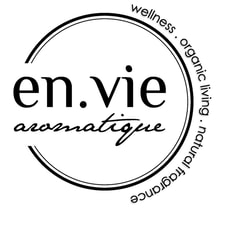

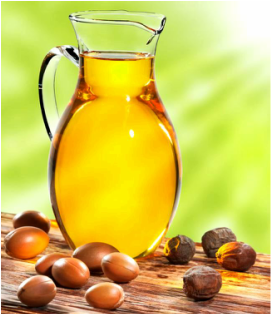
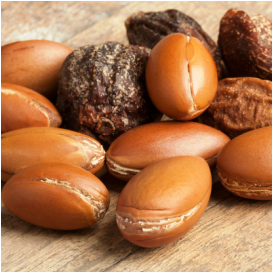
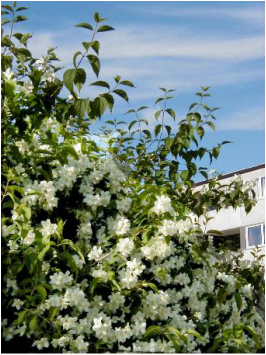
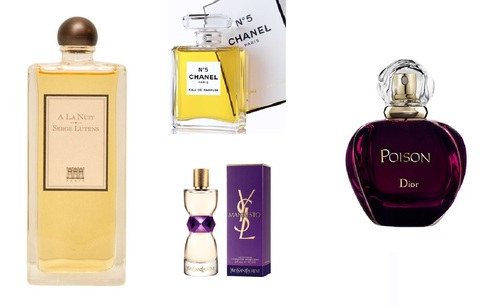
 RSS Feed
RSS Feed
